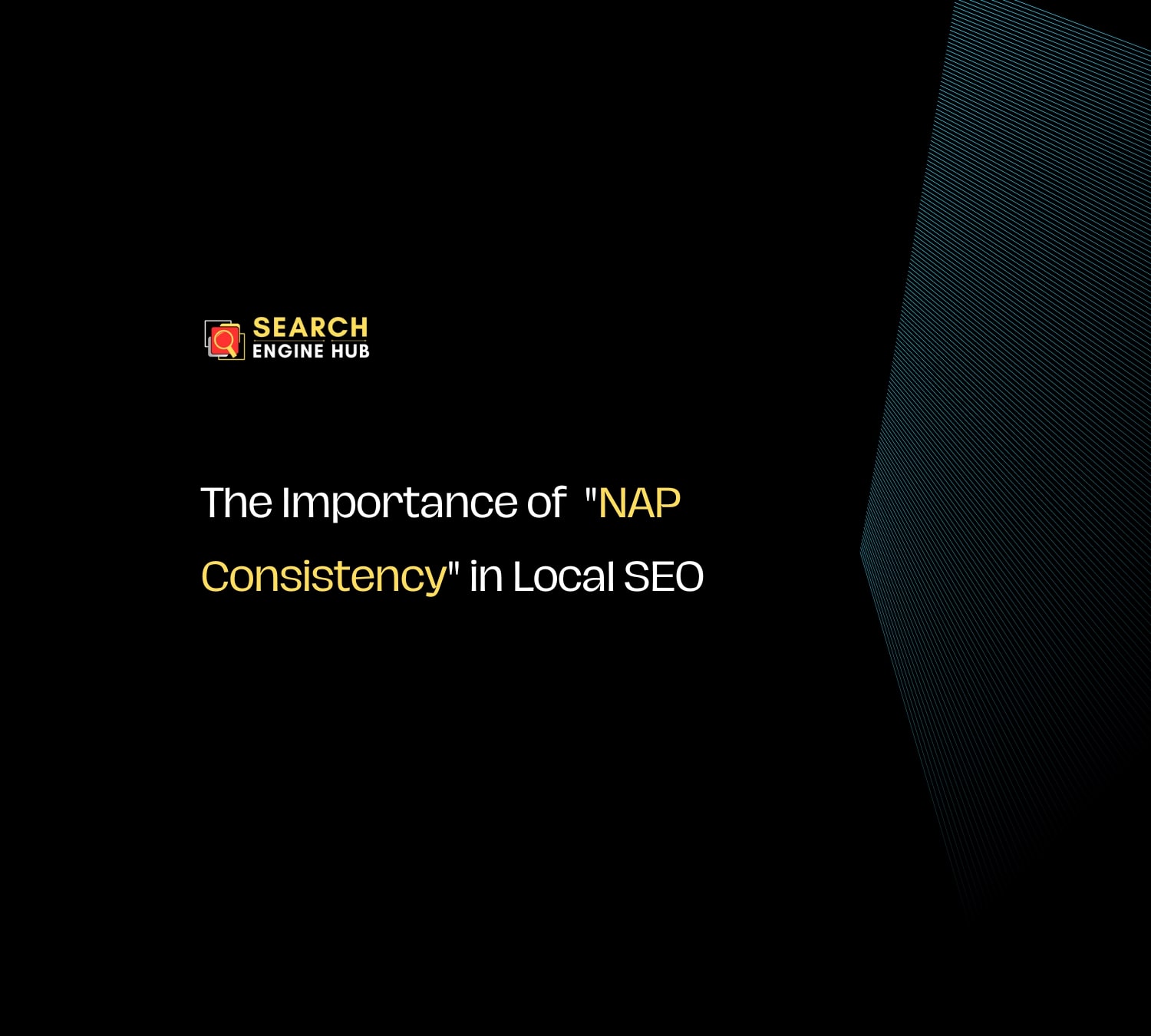Search engine optimization, or SEO, is all about making your website more visible on search engines like Google. Most of us know about keywords and their importance in SEO, but there’s another element that plays a crucial role in improving your website’s search ranking: LSI keywords.
In this article, we’ll explore what LSI keywords are and how they can positively influence your website’s SEO.
What Are LSI Keywords?
LSI stands for Latent Semantic Indexing, but don’t be intimidated by the fancy name. LSI keywords are simply words or phrases that are closely related to your main keyword. They help search engines like Google understand the context of your content better.
For instance, if your main keyword is “apple,” LSI keywords might include “fruit,” “orchard,” “juice,” and “nutrition.” These related terms provide a more comprehensive understanding of what your content is about.

Discovering LSI Keywords
Finding this keywords is easier than you might think. You can use various methods to uncover them:
- LSI Keyword Tools: Many online tools are available to help you identify these keywords. Some of these tools are free, while others require a subscription.
- Google’s Related Searches: If you search for your main keyword on Google and scroll down to the bottom of the search results page, you’ll find a section called “Searches related to.” These are often LSI keywords.
- Analyzing Competitors: Take a look at websites that are already ranking well for your target keyword. You can often find these keywords within their content.
The Impact of LSI Keywords on SEO
So, how do LSI keywords affect your website’s SEO?
Improved Content Relevance
Using these keywords in your content enhances its quality and makes it more relevant to users. When you include these related terms, it prevents your content from sounding repetitive and spammy. Instead, it reads naturally and offers a better user experience.
Enhanced User Experience
Speaking of user experience, LSI keywords also contribute to this aspect of SEO. They help you better understand what users are searching for and why. By addressing their intent and questions through these keywords, you can keep visitors engaged and reduce bounce rates.
Ranking Factors
Search engines like Google consider LSI keywords when determining where your website should rank in search results. They see content with these keywords as more comprehensive and relevant, which can boost your rankings.

Strategies for Using LSI Keywords
Incorporating these keywords into your content is vital. Here are some simple strategies to do this effectively:
- Incorporate Them Naturally: Ensure these keywords fit naturally within your content. Don’t force them in, as this can harm your user’s experience.
- On-Page SEO: Use these keywords in crucial on-page elements like title tags, meta descriptions, header tags, image alt text, and anchor text.
Tools and Resources for LSI Keyword Research
There are plenty of resources available to help you with these keyword research. Many tools, both free and paid, can assist you in finding these related terms.
- LSI Keyword Generator Tools:
- LSI Graph: This tool provides LSI keyword suggestions based on your main keyword.
- Ubersuggest: Ubersuggest offers LSI keyword ideas as well as search volume data.
- Keywords Everywhere: A browser extension that shows LSI keywords while you search on Google.
- Google’s Autocomplete and Related Searches: These are free and easily accessible. When you enter your main keyword into Google’s search bar, it suggests related searches at the bottom of the results page. This can be a valuable source of these keywords.
- Competitor Analysis Tools: While not strictly LSI keyword tools, tools like Ahrefs, SEMrush, and Moz can help you identify the keywords your competitors are ranking for, which often include these keywords.
- Content Optimization Platforms:
- SurferSEO: This tool helps you optimize your content by analyzing top-ranking pages for your target keyword, including LSI keyword suggestions.
- Clearscope: This tool analyzes top-ranking content and suggests LSI keywords to improve your content’s relevance.
- WordStream’s Free LSI Keyword Tool: WordStream offers a free LSI keyword tool that can provide you with a list of related keywords to your main term.
- Keyword Research Plugins: If you’re using a CMS like WordPress, you can find plugins like Yoast SEO or Rank Math that include these keyword suggestions as part of their features.
Note: I may earn a commission when you purchase RankMath through my affiliate links. This helps support our website at no extra cost to you. Thank you for your support.
Remember that while these tools can be helpful, it’s essential to use LSI keywords naturally and in a way that makes sense within your content. Overusing them can negatively affect your SEO efforts.
You might also be interested to read on How to find the best keywords for your industry
Case Studies and Examples
One of the most effective ways to understand the impact of LSI keywords on SEO is by examining real-world case studies and examples.
These success stories provide concrete evidence of how using these keywords strategically can lead to improved search engine rankings and user engagement.
Let’s delve into a few cases that highlight the positive outcomes of incorporating these keywords into content.

Case Study 1: A Health & Wellness Blog
Challenge: A health and wellness blogger aimed to boost organic traffic to their website. Their primary keyword was “healthy diet,” but they wanted to provide more in-depth and valuable content to their audience.
Solution: By researching and integrating LSI keywords like “nutritious food,” “balanced eating,” and “benefits of a well-rounded diet,” the blogger enhanced the comprehensiveness of their articles.
Results: Over several months, they noticed a significant increase in organic traffic. The inclusion of LSI keywords helped their content rank higher in search results, attracting a larger audience seeking information on a healthy lifestyle.
Case Study 2: An E-commerce Website
Challenge: An e-commerce website selling eco-friendly products was struggling to improve its rankings for the main keyword “sustainable products.”
Solution: The website’s content team identified relevant LSI keywords such as “environmentally friendly goods,” “green products,” and “sustainability in consumer goods.” They incorporated these terms naturally into their product descriptions and category pages.
Results: Within a few months, the website saw a notable increase in organic traffic. Product pages optimized with LSI keywords started ranking higher, resulting in more conversions and a growing customer base.
Challenges and Considerations
While LSI keywords offer numerous benefits, it’s essential to balance them with your primary keywords. Overusing these keywords can make your content seem artificial and harm your SEO efforts.
Future Trends in LSI Keywords
SEO is always evolving. In the future, LSI keywords may continue to play a significant role in helping search engines understand content better. Stay updated with the latest SEO trends to adapt your strategy accordingly.
Conclusion
To sum it up, LSI keywords play a crucial role in SEO, helping your website rank better in search results and making your content more appealing to visitors. The key is to incorporate these keywords seamlessly and sensibly, creating content that both search engines and your audience appreciate.
Ready to harness the power of LSI keywords for your SEO success? Explore our Keyword Research Service today. Let us help you seamlessly integrate these essential keywords into your content for better rankings and user engagement.




